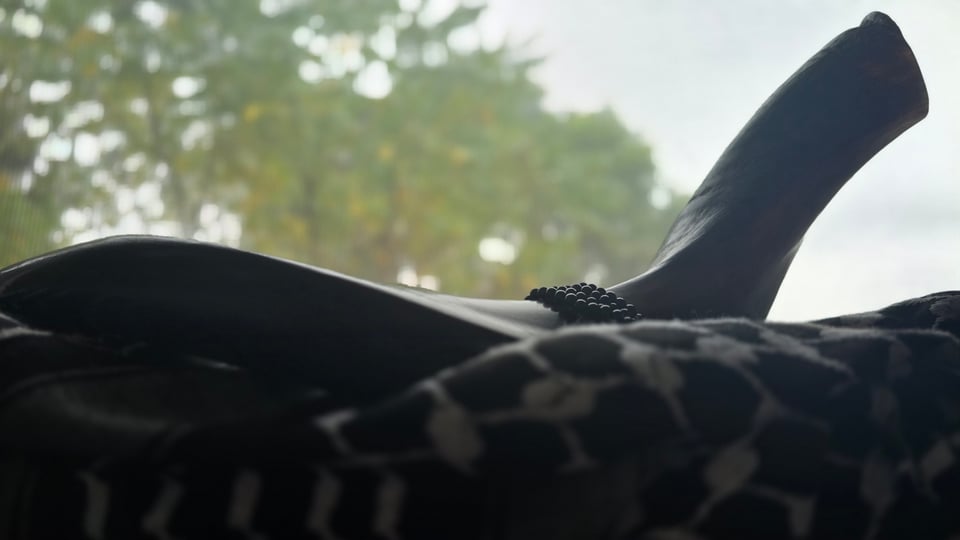Beis Lakish Tishrei 5786 Newletter
In this edition, I explore the intertwining of politics and spirituality, reflecting on global conflicts and my feelings of communal unity during protest.
Hello, beloved chevrutot.1

We are two years into the genocide of Palestine. Other wars and genocides rage on in Congo and Sudan as well, all for the sake of colonial power and resource extraction. An unthinkable amount of lives have been lost, and the grief is so consuming it feels like drowning.
There are no words I can write here to fix this. I won’t try to. I’ll instead just offer some reflections, and invite you to share yours with me as well. (I’m slow to respond to emails, but I do mean it when I say to reach out any time!)
Love and Solidarity,
Ren
they/them
rosh yeshiva at beis lakish
I’ve heard (and talked) a lot about about how our politics can and do shape our spiritual practice—but I worry this creates a false binary between “political action” and “spiritual practice”. I’m not always convinced that spiritual practices (prayer, talmud study, etc.) are in of themselves political praxis. I believe they nourish us such that taking the risks needed to make real change is sustainable and communal. I believe that certain, specific rituals like teshuva and public mourning certainly can become praxis. But what about when political action becomes a spiritual practice, rather than the other way around?
There is a near indescribable feeling I get davening2 in large groups, where so many voices come together as one. It often manifests as the reverberation in my chest as I sing out in emotional and musical harmony, the tears in my eyes, the slight bend in my knees. At one point in my life, I thought prayer was the only way to reach this feeling. I’ve learned, though, that it wells up just as strongly within me at large protests. In moments not suitable for public newsletters. I think I’ve even felt it at some especially electrifying organizing meetings.
Some might call this feeling “God”. I’ve called it a lot of things. In this moment, I call it “home”. Those who have spent more than 10 minutes with me in the last few months will have inevitably heard me talk about The Land Knows the Way: Eco-Social Insights for Liberation by Ricardo Levins Morales. Among so much other wisdom, he offers the idea of liberation as “our necessary homecoming”. He writes that social liberation and trauma healing are a “…coming home to a future that we have never seen but have always known and for which we yearn with ever cell and fiber in our bodies.” (Pg. 11) Put in other words, perhaps Olam Haba3 is not the unknowable future, but rather the natural state of things from which we’ve strayed and to which we will (B’zrat Hashem4) return.
Beloveds, I hope we find our way back home soon. I hope Torah and study and song will help lead us there, if by no other means that by leading us to direct action and the kind of deeply lived solidarity that can break all chains.
Keep dreaming of that homecoming. Keep building it.
Definitions
Chevrutot: plural of chevrutah / חַבְרוּתָא. From the root ח-ב-ר, meaning friend or fellow. The talmudic spiritual technology of a learning pair, a reciprocal and generative relationship where true learning can happen.
Davening: daven is a Yiddish word meaning “to pray”. It often colloquially gets turned into this gerund using the English “ing”, to mean “praying”.
Olam Haba / עולם הבא: “The world to come”. In Jewish tradition and text, it is sometimes the name for the afterlife, and sometimes an imagined utopian future. Talmudic & Toraitic writing about it is complicated and not entirely unproblematic. Today, it’s often used by Jewish leftists as a name for the dreamed future of Collective Liberation.
B’zrat Hashem / בעזרת השם: “With the help of Hashem”. Sometimes abbreviated to ב”ה.